Therefore, UNESCO always provides solutions/tools to guide countries to respond to and address these threats.
Recently, this organization has sent out the message “Solidarity for Heritage” worldwide to call on all social organizations and communities to join hands to take action against the above threats and challenges. In which, tourism activities are being identified and evaluated as one of the subjects that need to be given top priority in the cause of preserving cultural and natural heritages in each country and globally.
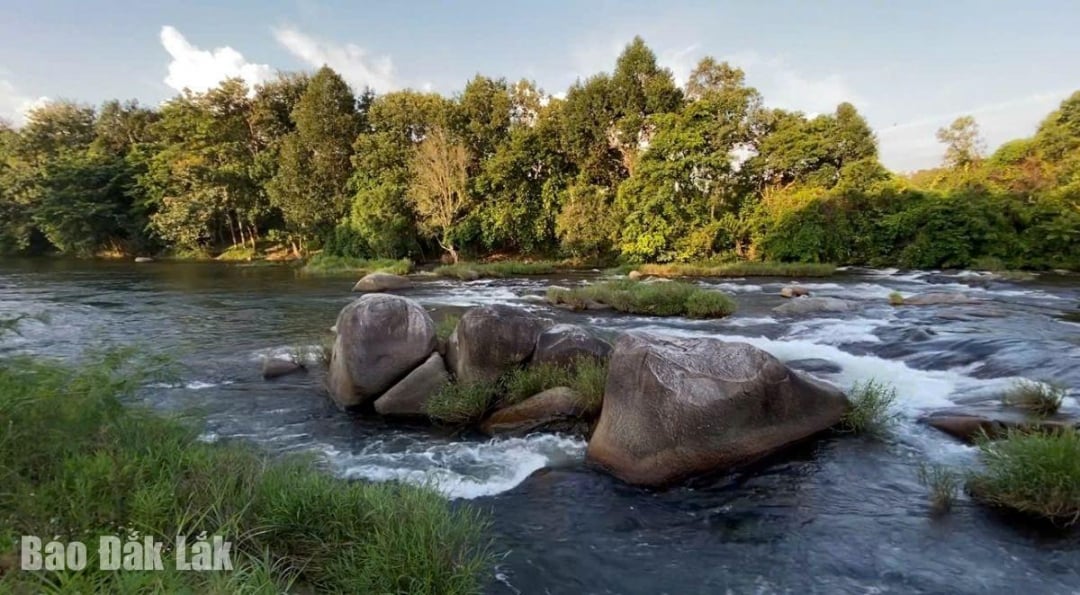 |
| Illustration: X.Hung |
Responding to that message, most countries in the world, including Vietnam, have organized many forums - from central to local levels - to identify tourism activities in the current context of globalization.
In which, the issue of promoting the role of cultural and natural heritage associated with sustainable tourism development is of primary concern to all levels and sectors, because today tourism is considered the "economic sector of the future", truly playing an important spearhead role in each economy, bringing huge income to every locality and country.
Prioritizing tourism development is a trend of countries and Vietnam always identifies tourism as an important bridge between civilizations, promoting cultural exchange, consolidating and tightening friendship between peoples and nations. However, at forums discussing sustainable tourism development in all localities as well as countries, experts, scientists and managers have warned, pointing out the negative impacts of tourism on cultural life in general, especially on objects that need to be preserved sustainably, which are existing cultural and natural resources.
The Vietnam Federation of UNESCO Associations assessed that, in addition to the economic benefits brought by tourism, the unplanned development of tourism, disregard for sustainability factors, and the pursuit of profit growth as a purely economic sector has made this "smokeless economy" a threat to the cause of preserving the integrity of cultural values (including tangible and intangible culture) and heritages and natural landscapes.
Many examples of the negative impacts of tourism on the cultural environment and natural landscapes have been pointed out by UNESCO: For example, in Asia, the indigenous culture of Bali (Indonesia) has almost disappeared because the tourism development here is too massive and reckless, lacking control and direction from the local government. Or in Thailand, the government has had a "headache" with the problem of choosing between the goal of preserving culture and landscapes on one side and the goal of economic development for the ancient capital of Ayutthaya on the other side - one of the famous cultural heritages of humanity.
In Vietnam, Ha Long Bay has been at risk of going beyond control according to the criteria and standards of the United Nations Convention on the Protection of World Cultural and Natural Heritage more than once because economic and tourism projects at this heritage have developed too "hotly" at times and in some places, causing serious changes to the landscape and environment.
Therefore, UNESCO has made the content of “Solidarity for Heritage” one of the main tasks of the World Federation of UNESCO Associations, including Vietnam, in order to use it as a basis for propaganda, calling for the responsibility of organizations and units doing tourism business to participate in contributing to the cause of preserving cultural heritage and natural landscapes at all levels. Thereby educating the public, especially the young generation, to raise awareness of protecting the priceless heritages and natural landscapes of their country, as well as other countries during their sightseeing and tourism journeys.
UNESCO has also repeatedly sent a strong message to international ministerial conferences on tourism and culture: Today, every tourism organization and every tourist needs to become a guardian of world heritage, an ambassador of dialogue between cultures. This is why it is necessary to put the conservation of cultural heritage and natural landscapes in the top position - and only then can we build a truly harmonious and sustainable tourism.
Source: https://baodaklak.vn/du-lich/202503/thong-diep-gui-nganh-du-lich-74f14ed/


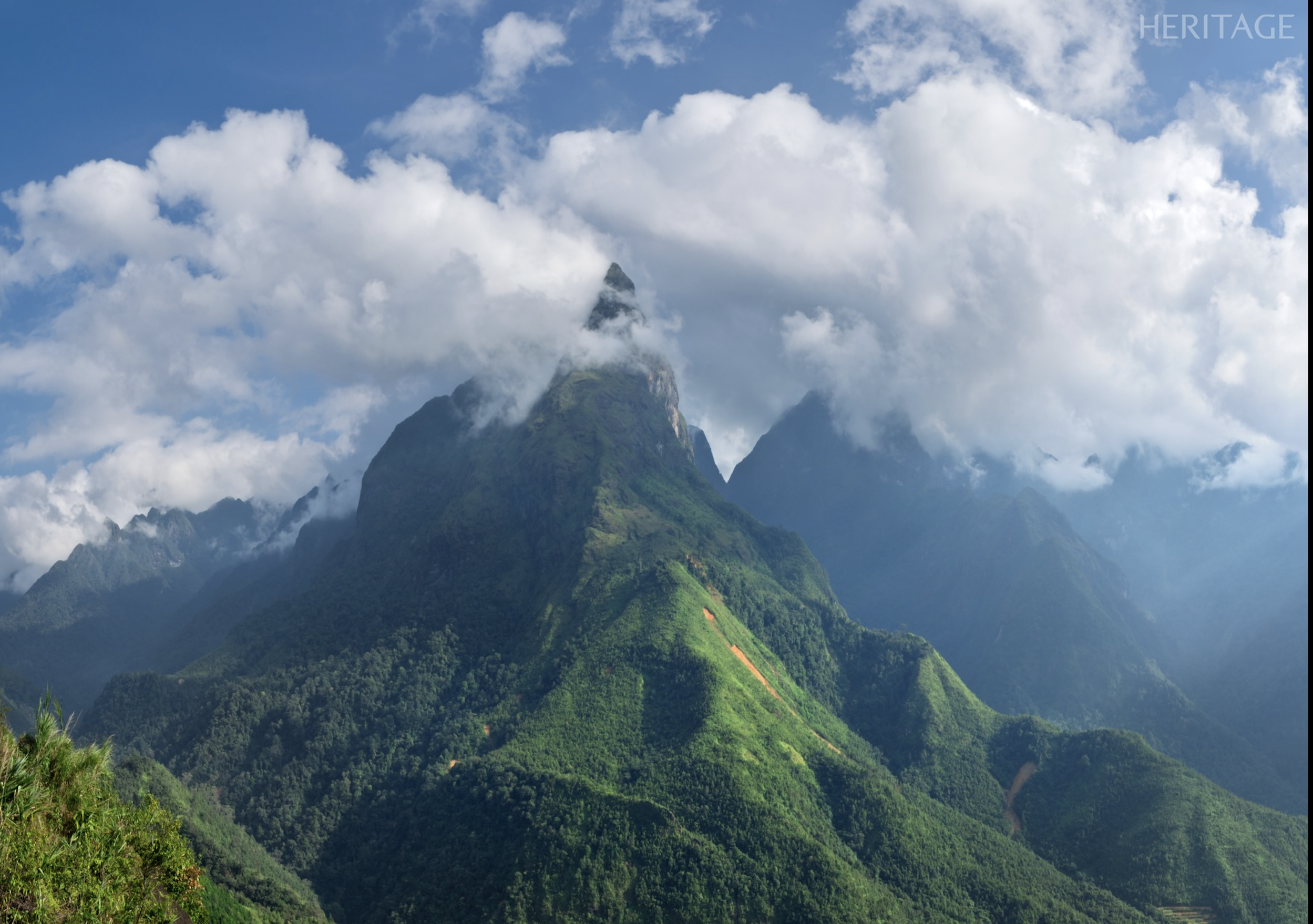

![[Photo] Workshop "Future for the Rising Generation" continues the profound value and strong message from the article of General Secretary To Lam](https://vstatic.vietnam.vn/vietnam/resource/IMAGE/2025/4/4/ec974c5d9e8e44f2b01384038e183115)
![[Photo] President Luong Cuong presides over the official welcoming ceremony for Burundian President Évariste Ndayishimiye](https://vstatic.vietnam.vn/vietnam/resource/IMAGE/2025/4/4/63ceadc486ff4138abe2e88e93c81c91)

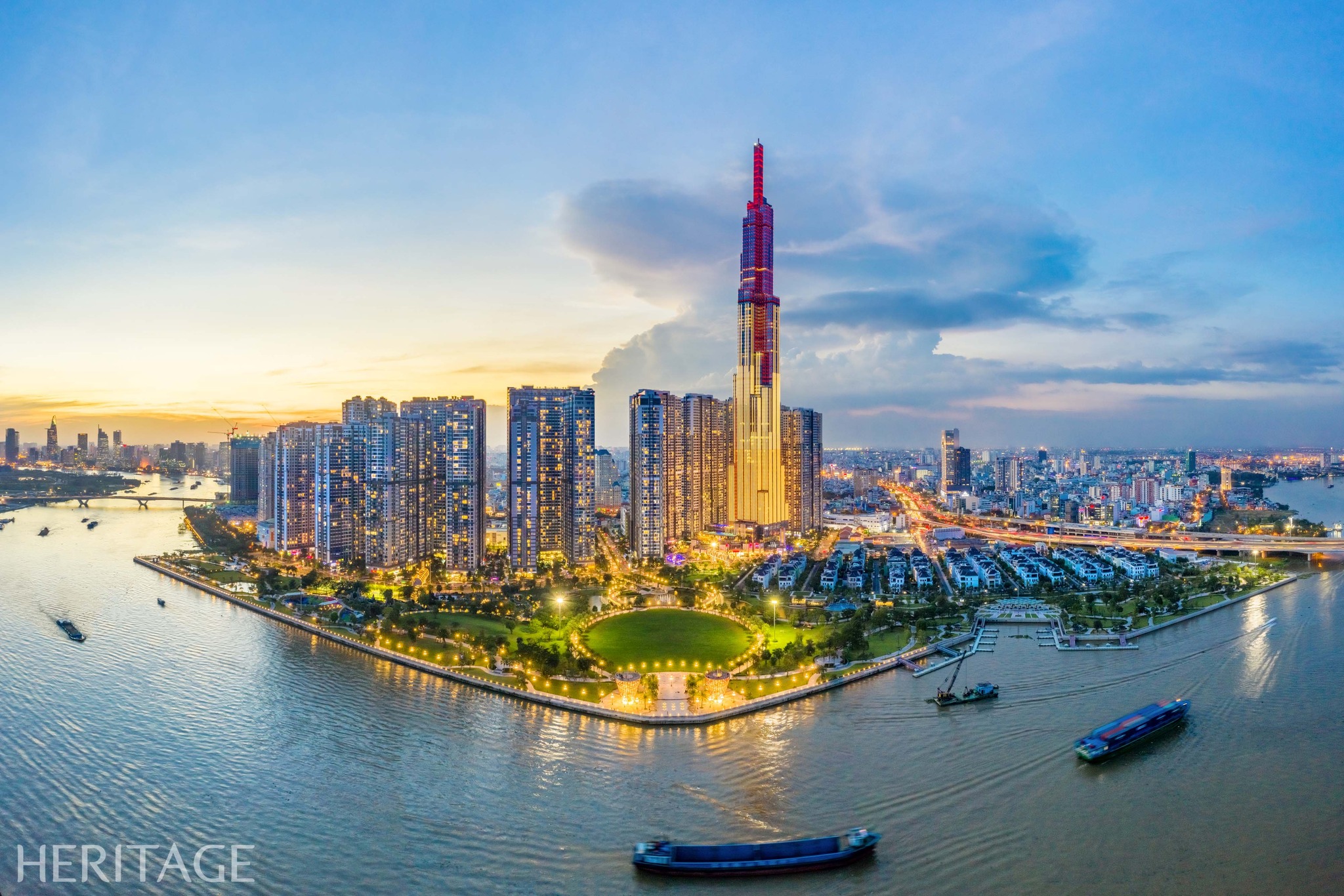









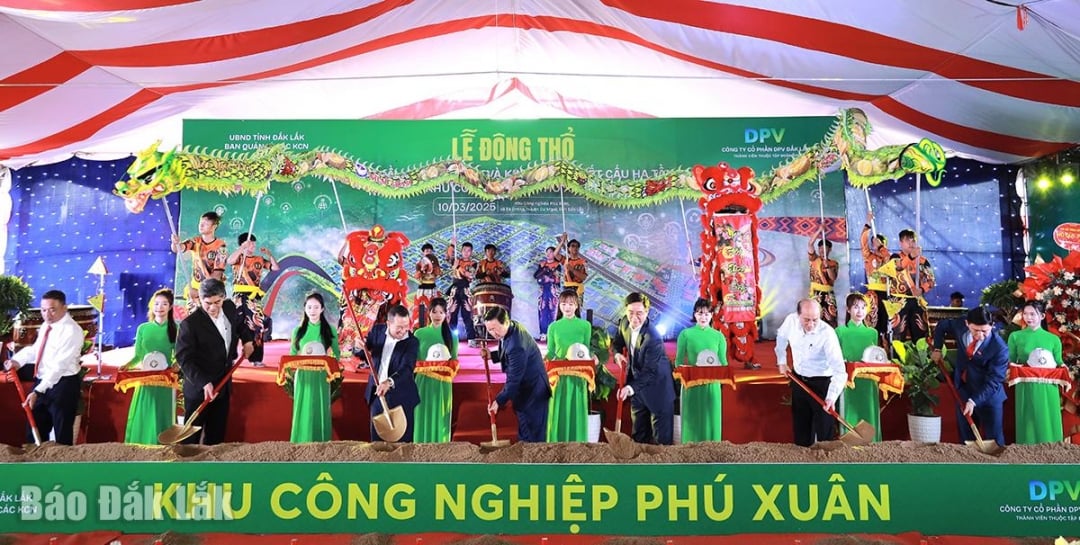
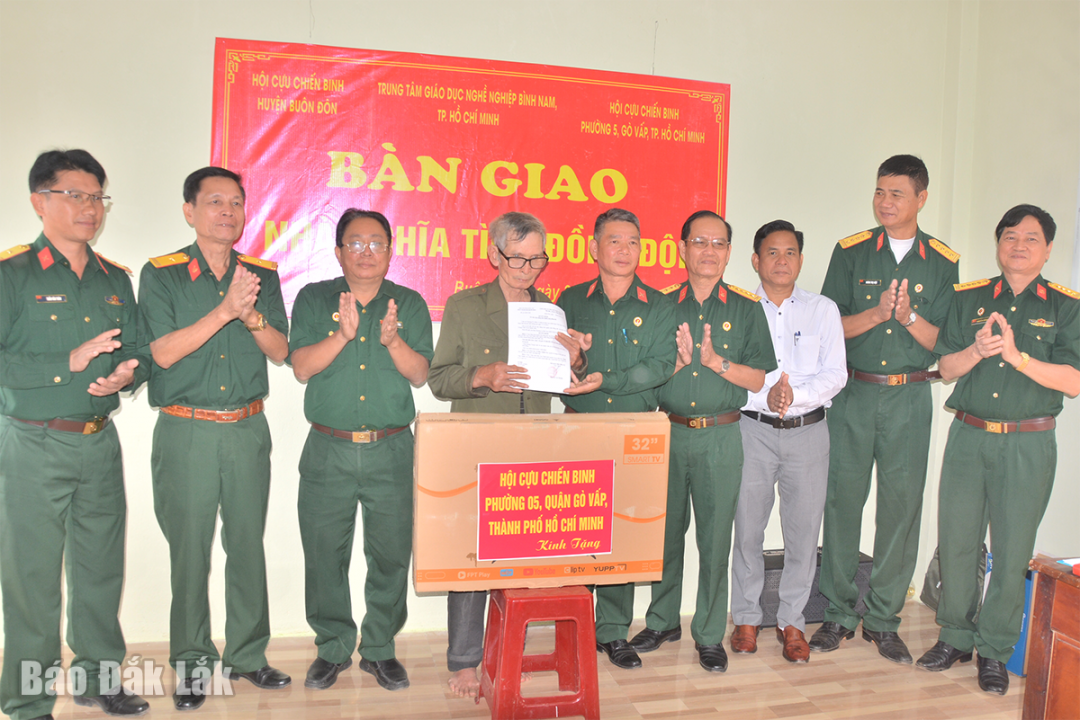



![[Photo] Many advanced technologies gather at Analytica Vietnam 2025](https://vstatic.vietnam.vn/vietnam/resource/IMAGE/2025/4/4/0ef01117275d4d71b2e2a45c215ac2f8)


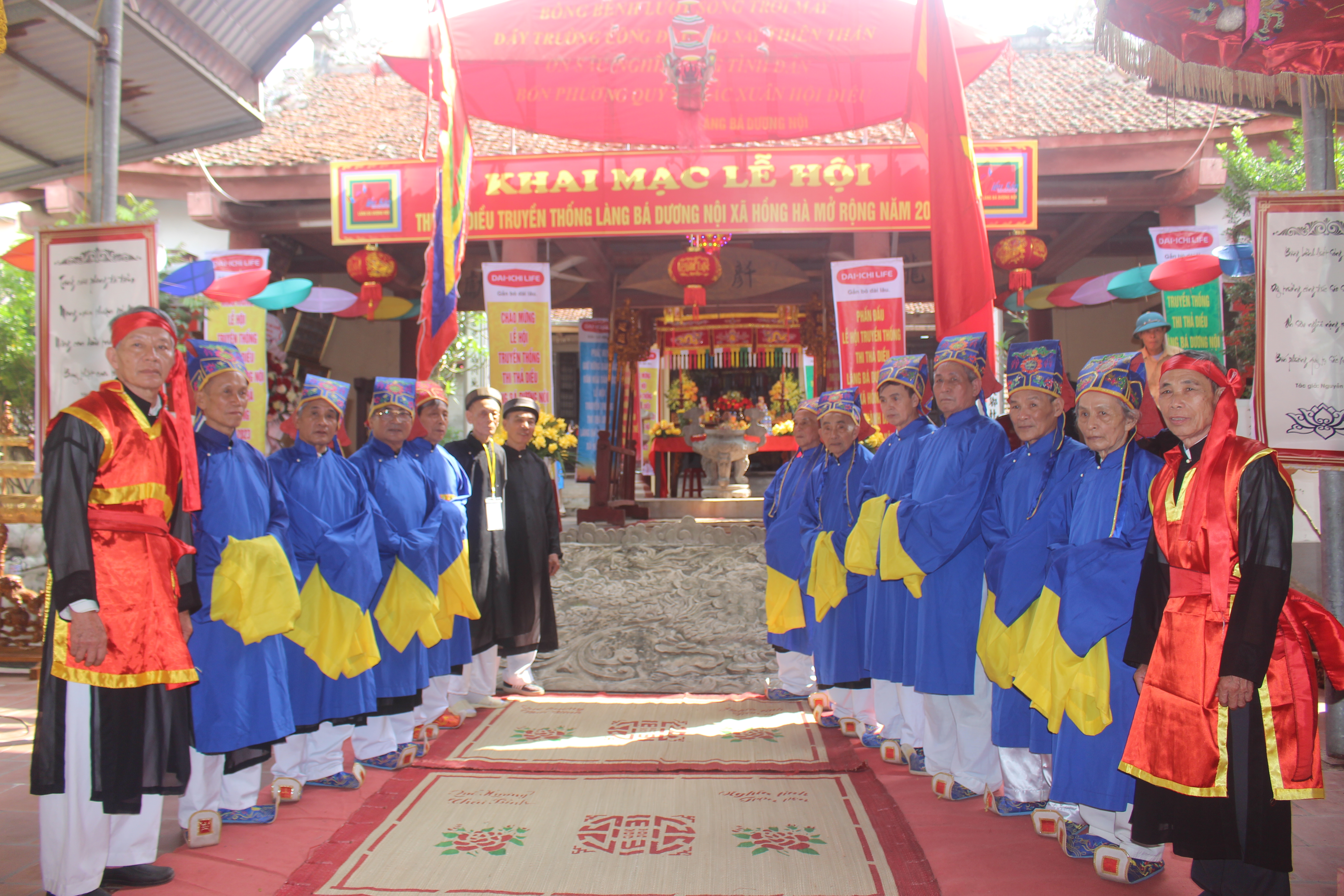

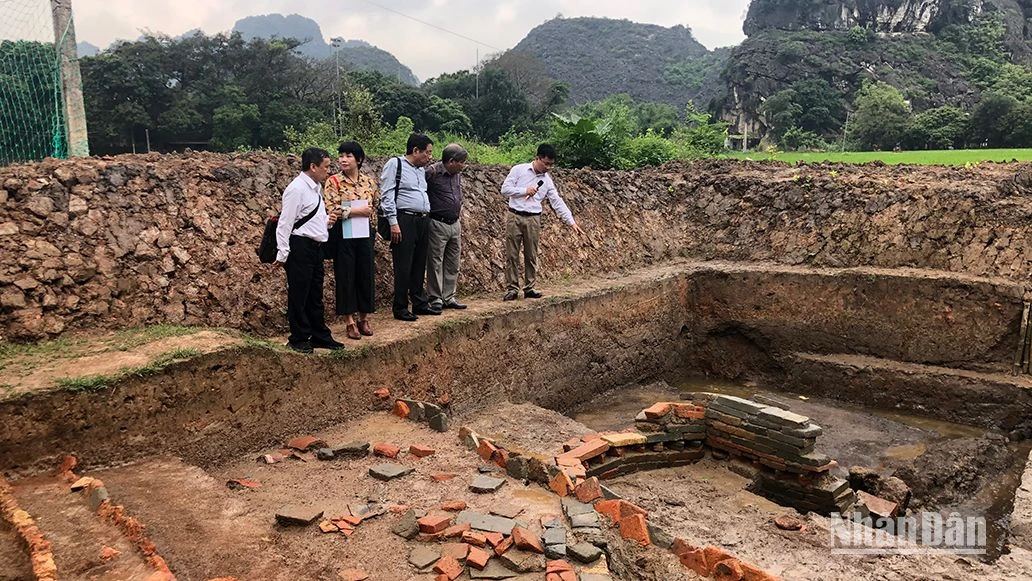



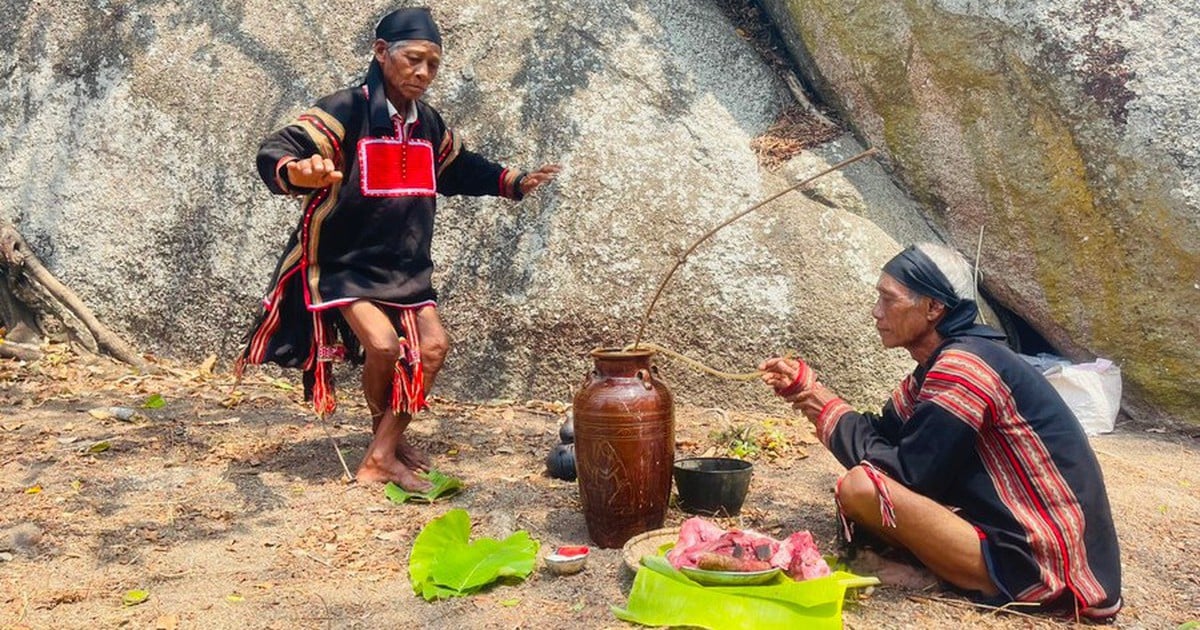













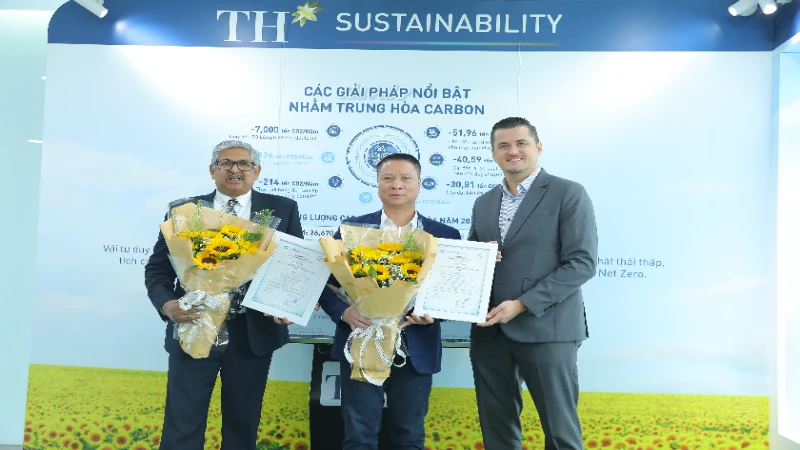
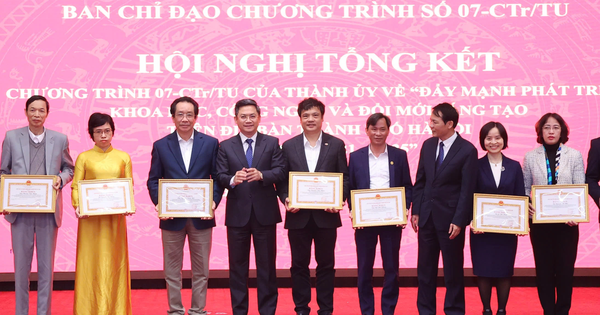









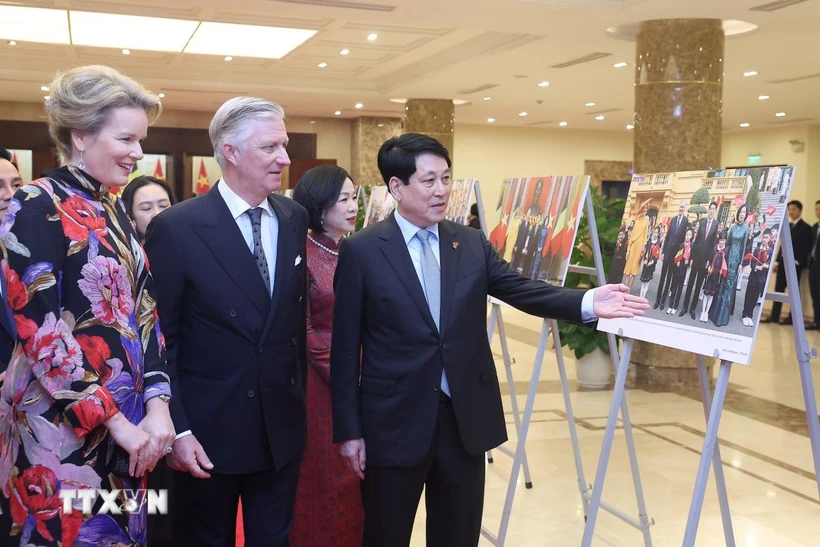

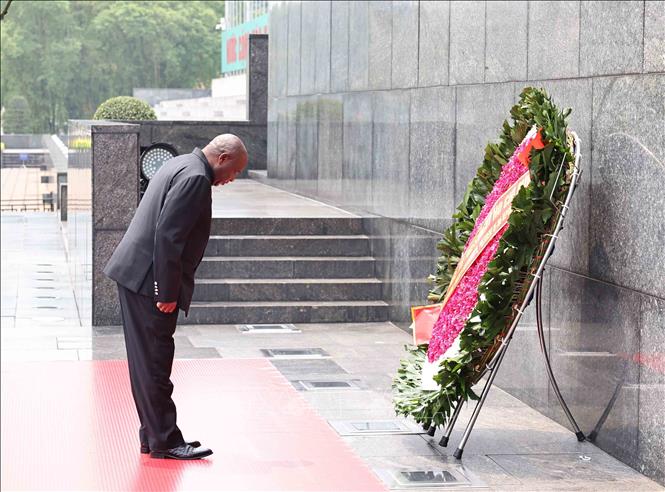














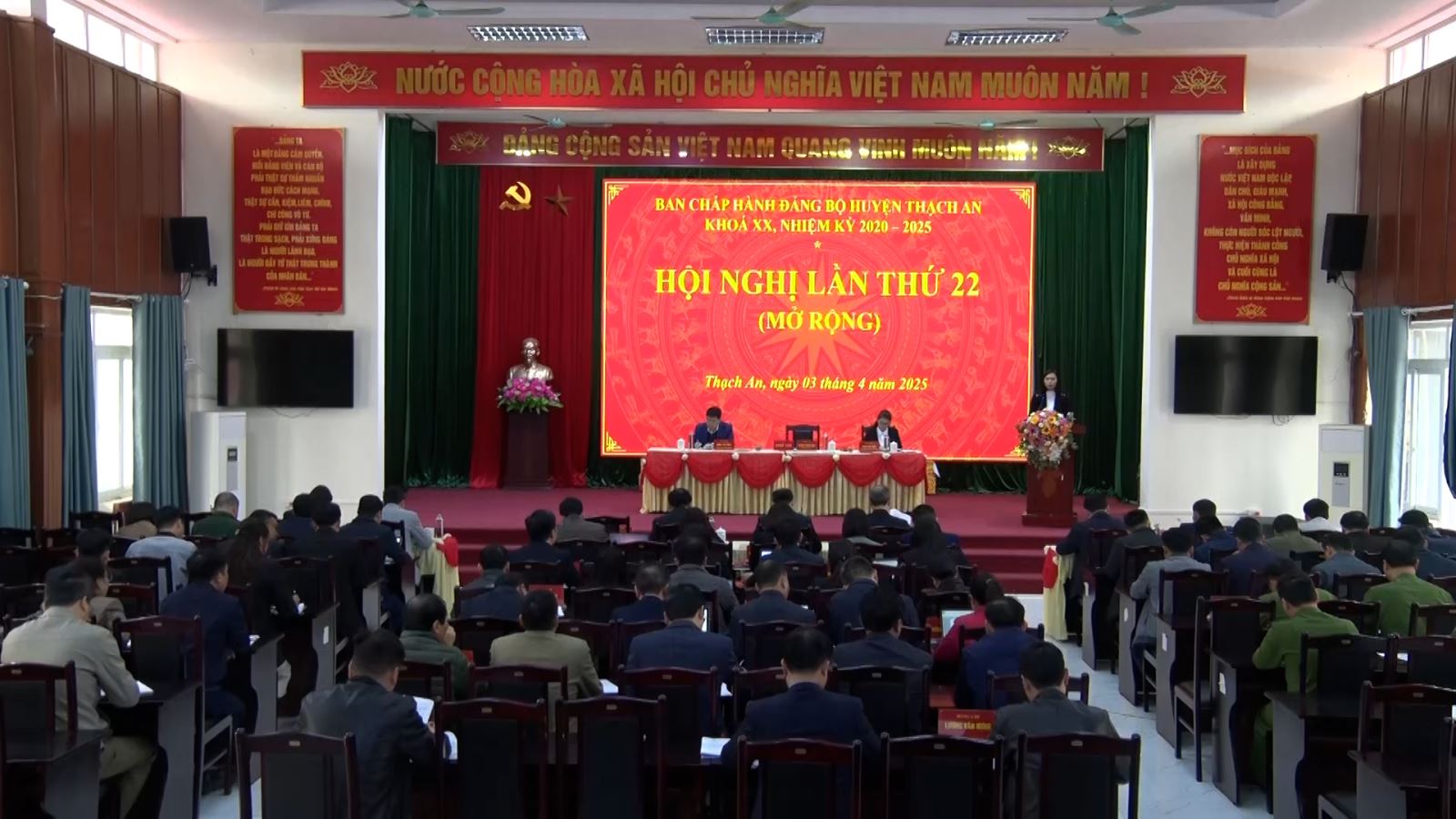















Comment (0)